Late-night car rides are always a weird mix of cramped legs, disjointed sleep, and deep conversation. Unable to maintain my slumber and musing over the events of the last few weeks, I write this from the middle row of Dave Reed’s SUV as we drive back from Ohio. It’s 3:14 am, and according to the GPS we still have an hour and fifty-two minutes to go. Yawn.
The Invitational was extremely disappointing. I went 5-3 overall with my UW Planar Cleansing control deck, and all three of my losses were self-inflicted. Two poor keeps and an extremely awkward game against Jund Monsters basically destroyed my chances of doing well in the event – it’s amazing how razor-thin the line between victory and failure can be.
Creatures (1)
Planeswalkers (4)
Lands (27)
Spells (28)
- 2 Last Breath
- 2 Syncopate
- 4 Divination
- 3 Planar Cleansing
- 4 Azorius Charm
- 4 Supreme Verdict
- 4 Sphinx's Revelation
- 4 Dissolve
- 1 Deicide
Sideboard

Overall, the list I played was only one card different from last week’s Providence list, with a third Archangel of Thune getting the nod in the sideboard over Jace, Memory Adept. I was very happy with the deck and it did not disappoint, as every loss was directly my fault. It was nice seeing a good number of people playing with Planar Cleansing, and hearing from people who had done well and were doing well with the deck. I do wonder to myself if it might have been better to keep the Planar Cleansing stuff under wraps before the Invitational and not play it in Providence, but at the time I wasn’t even completely convinced it was the way to go anyway.
Creatures (4)
Planeswalkers (3)
Lands (22)
Spells (31)

For Legacy I opted to try UW Miracles. At the last Invitational I had played Esper Stoneblade but lost a few matches to Miracles where my deck just felt completely outmatched. I felt that Elves would be out in force along with the usual array of Stoneblade and Delver decks, meaning that Miracles would be a good choice to combat that. Legacy is always difficult because of how hard it is to adequately test for, and as a result it is often a learn-as-you-go experience. Joe Lossett was kind enough to help me streamline my list a bit, and overall I was happy with the deck. Aside from an extremely sound thrashing by Jund, all of my matches felt winnable.
Despite liking the deck, I decided to experiment in the Legacy Open on Sunday and trade decks.
As an aside: I think that for the Legacy Open that happens on the Sunday of an Invitational, everyone who played in the Invitational should have to trade Legacy decks with a friend and try something different. While I’ve observed this happen quite a bit already, I think it should be encouraged as a good way for people to step outside their comfort zones and have some fun while learning about the format.
I picked up Dan Jessup’s RUG Delver deck and was excited about the prospect of playing a deck that could actually finish a round with enough time to get food.
Creatures (12)
Lands (18)
Spells (30)

I haven’t played an aggressive deck in a long time, and round one I got to enjoy the pleasure of inducing my opponent to counter an irrelevant spell so I could double Lightning Bolt him to win a basically-unwinnable first game.
However, over the next few rounds I would keep a bad hand or two, have my threats be generally outmatched, and stare at a lot of 1/1 Nimble Mongeese. While I really liked the disruptive elements of the deck, the threat base beyond Delver of Secrets left something to be desired.
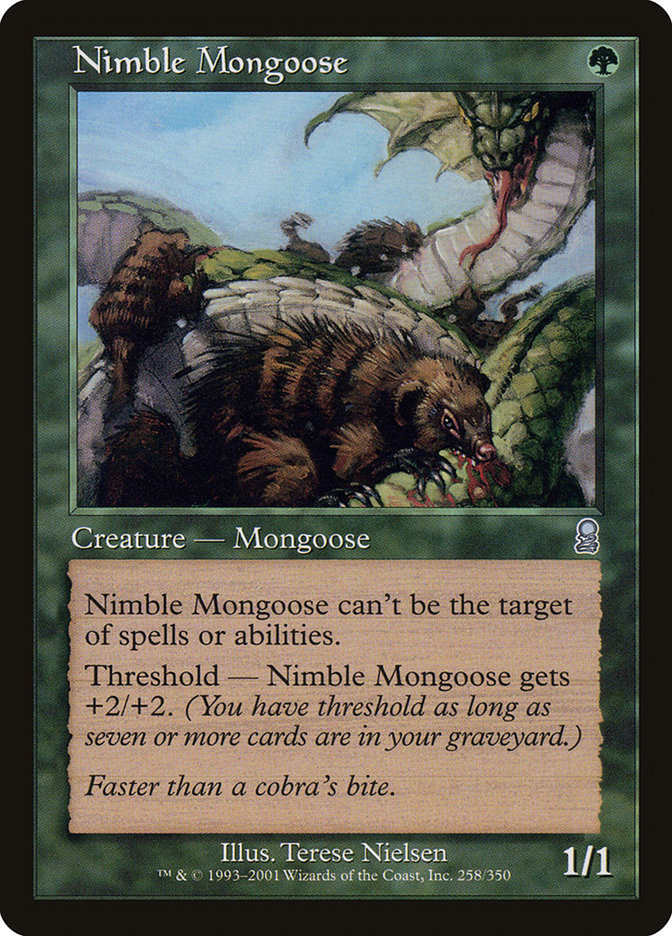
In the four rounds I played, Nimble Mongoose was a 1/1 about 80% of the time, and I must have attacked for one with it at least twenty-five times in four matches. When played turn one it would take a number of turns to get online, and in every sideboarded game my opponent had either Rest in Peace or Nihil Spellbomb to completely neuter it. This was clearly frustrating, since getting in early damage is so important to back up your disruptive elements. It also got brick-walled by any number of commonly-played cards like True-Name Nemesis, Batterskull, Tarmogoyf, and so on.
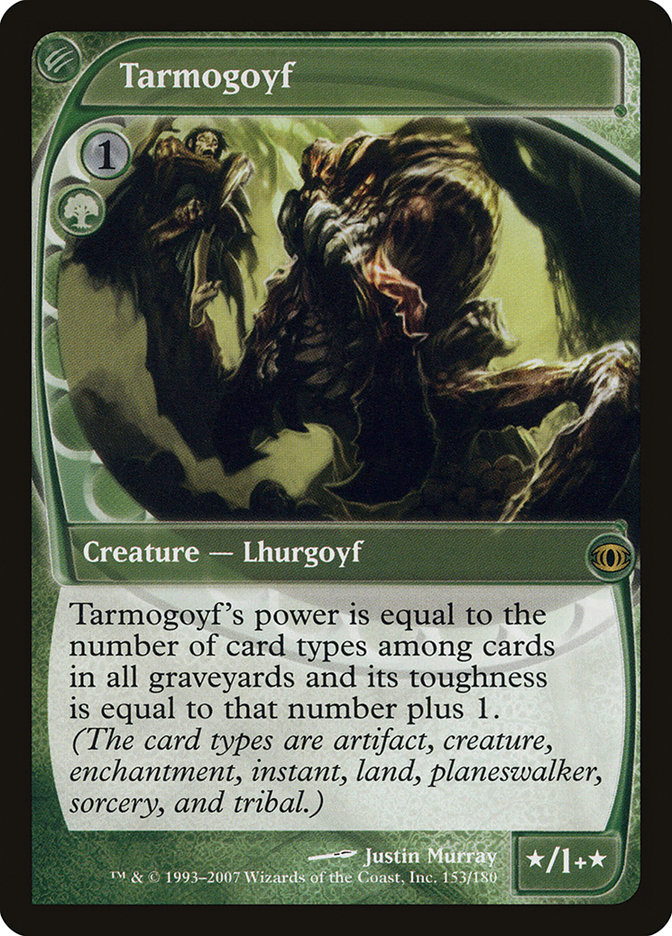
Speaking of Tarmogoyf, your top-end threat being brick-walled by many of the previously-listed cards while also being a prime Swords to Plowshares target was also frustrating. In my last match I was forced to Force of Will two Swords to Plowshares on back-to-back turns to protect my Tarmogoyf, just because I had no other threats (or Brainstorm/Ponder to find them) and I couldn’t risk letting the game go long due to the low relative power level of my cards. He was able to deal with the Tarmogoyf at one life and eventually take the game back.
These issues only really pertain to the fair matchups, as the deck seems phenomenal against any of the format’s combo decks. Unfortunately, fair decks are pretty much where Legacy is at currently, which doesn’t make me excited to play RUG again.
So, the search continues. Perhaps I’ll try a combo deck next.
Reid Duke and Tom Ross are sickos
The Top 8 of the Invitational was absolutely stacked, and at polar opposite ends of the Standard spectrum were Reid Duke’s win-condition-less UW Control deck and Tom Ross’s hyper-aggressive Mono-Red Boss Sligh deck. Each of them took their deck to its actual extreme, which is something you very rarely see in Magic anymore.
Planeswalkers (3)
Lands (26)
Spells (31)

White Knight Reid Duke took my UW Planar Control deck, cut all the win conditions for Quicken and Elixir of Immortality and called it a day. Reid’s only actual win condition is decking via Elixir of Immortality, ultimating Jace, Architect of Thought for a relevant threat out of his opponent’s deck, or Mutavault beatdown.
This is awesome.
It takes some serious stones to play a deck like this, as there are no crutches at all. Not only must you never make a misstep, but you are also playing against the clock as well as your opponent. On the plus side, you never have to draw an Aetherling in your opening hand ever again!
However, while I can certainly respect the Elixir of Immortality plan in this shell, one factor that shouldn’t be overlooked is that Elspeth, Sun’s Champion is a fantastic control card. While Aetherling’s sole purpose is to win the game, Elspeth is great at controlling the board and puts in some serious work in some of your worst matchups. I’d be hard-pressed to play the deck without her.
Regardless, this is a pure control deck for the man’s man.
Creatures (26)
- 4 Ash Zealot
- 4 Rakdos Cackler
- 4 Legion Loyalist
- 4 Foundry Street Denizen
- 2 Rubblebelt Maaka
- 4 Akroan Crusader
- 4 Firedrinker Satyr
Lands (17)
- 17 Mountain
Spells (17)

On the other end of the spectrum, Tom Ross also flew in the face of convention by building a very traditional Sligh deck – extremely low curve, seemingly-embarrassing and underpowered creatures, and a smattering of burn spells to provide some reach. Making minor use of the Heroic mechanic gives Tom access to a bunch of previously-unplayable one-drops while simultaneously giving him some extra reach.
What makes this deck, and Reid’s deck, so interesting is how against-the-grain they are when it comes to modern-day Magic. Back in the day, both of these decks would have been the norm; just check out these lists from yesteryear:
Spells (33)
- 4 Nevinyrral's Disk
- 4 Counterspell
- 2 Dissipate
- 4 Whispers of the Muse
- 4 Dismiss
- 1 Memory Lapse
- 3 Mana Leak
- 4 Impulse
- 3 Forbid
- 4 Force Spike
Sideboard

Creatures (25)
- 2 Brothers of Fire
- 2 Dragon Whelp
- 4 Brass Man
- 2 Orcish Artillery
- 4 Ironclaw Orcs
- 2 Dwarven Trader
- 2 Goblins of the Flarg
- 3 Dwarven Lieutenant
- 2 Orcish Librarian
- 2 Orcish Cannoneers
Lands (23)
Spells (13)
Sideboard

However, Magic has changed a lot in the last 15 years.
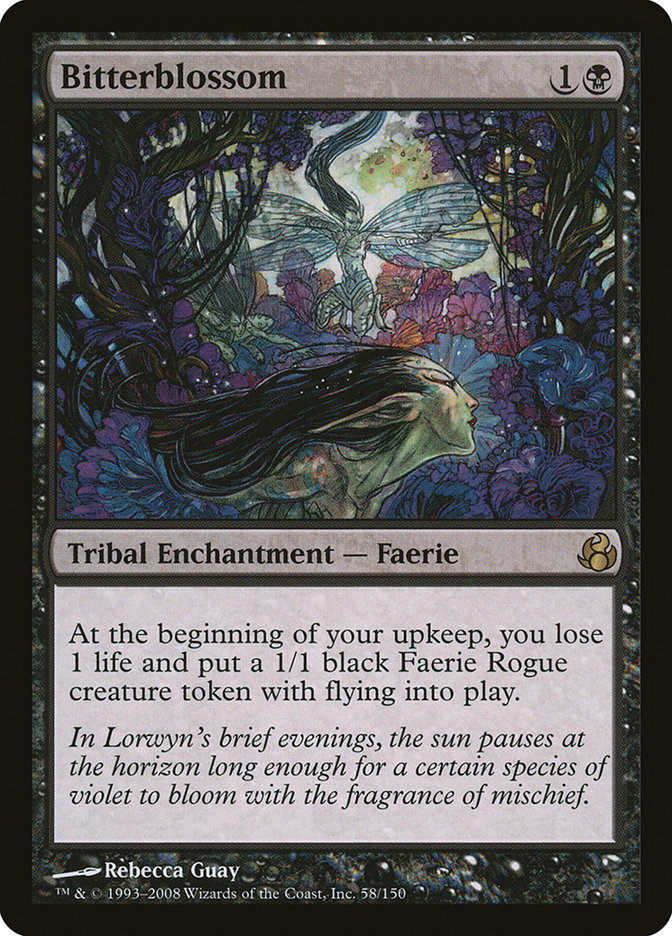
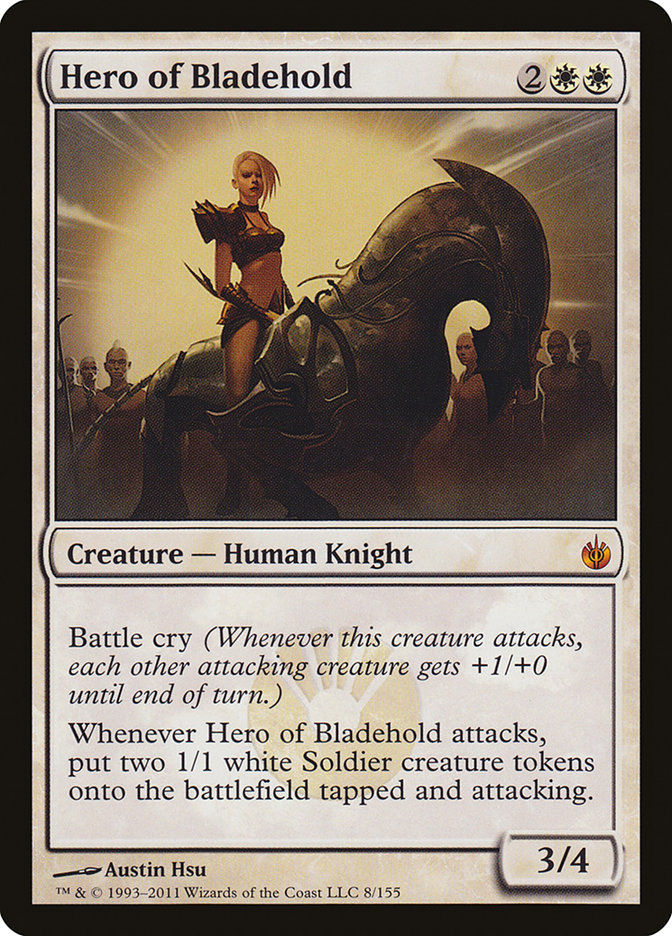
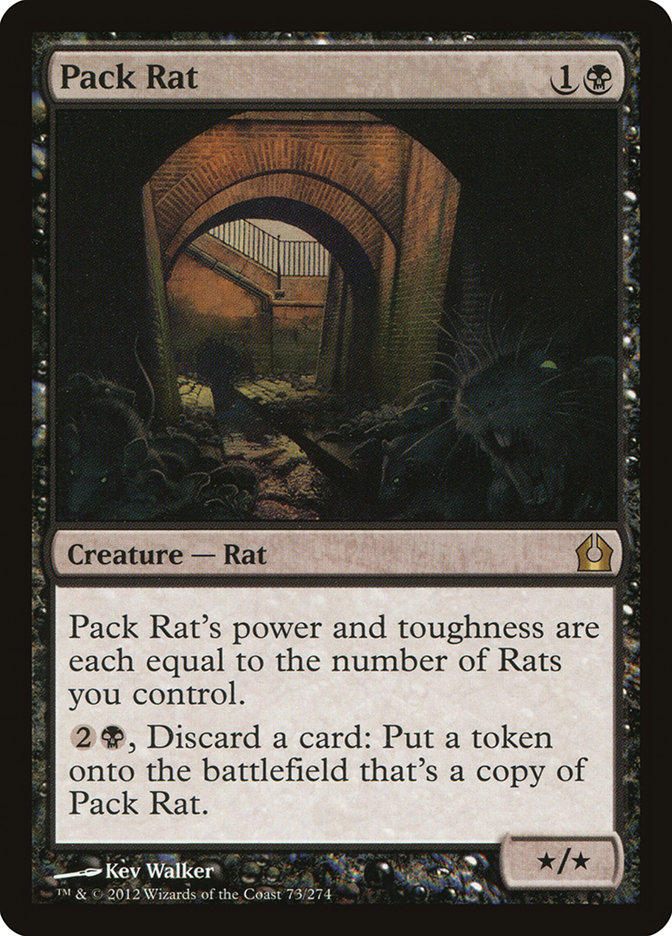
The individual power level of creatures and threats has gone so high that very often power trumps synergy, and the result of this is that you often see many more midrange decks that are more focused on powerful cards rather than a synergistic strategy.
In a lot of ways, seeing Tom and Reid’s decks succeed is a breath of fresh air.
The String All-In
The last thing I’d like to touch on today is a ruling that happened at an IQ a few weeks ago that I didn’t have time to cover in my last article.
I was playing UW Control against a Brave the Elements Naya Deck, based around going big with Boros Charm and Ghor-Clan Rampager for a comboesque double strike kill.
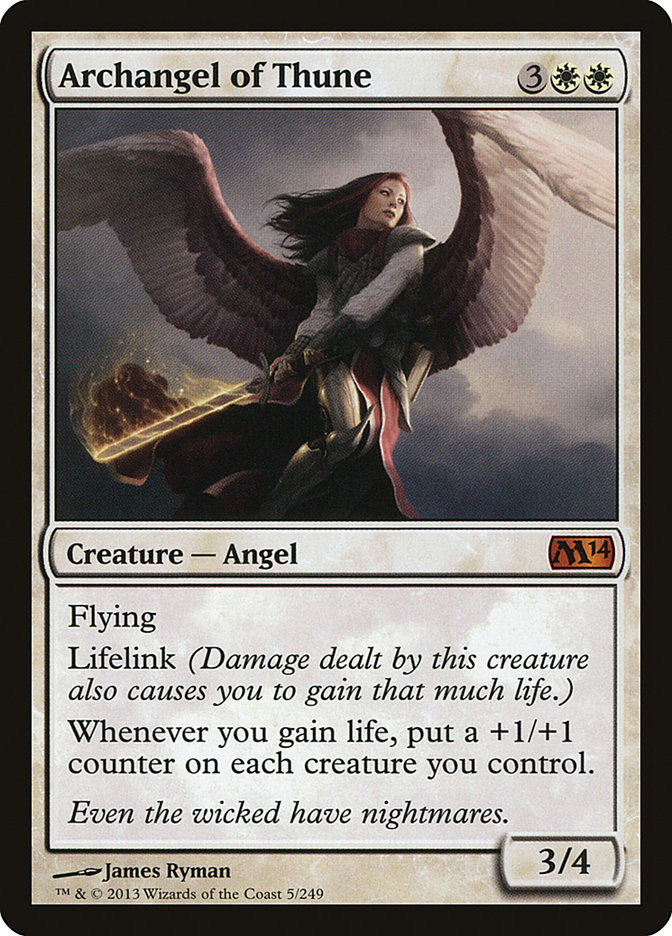
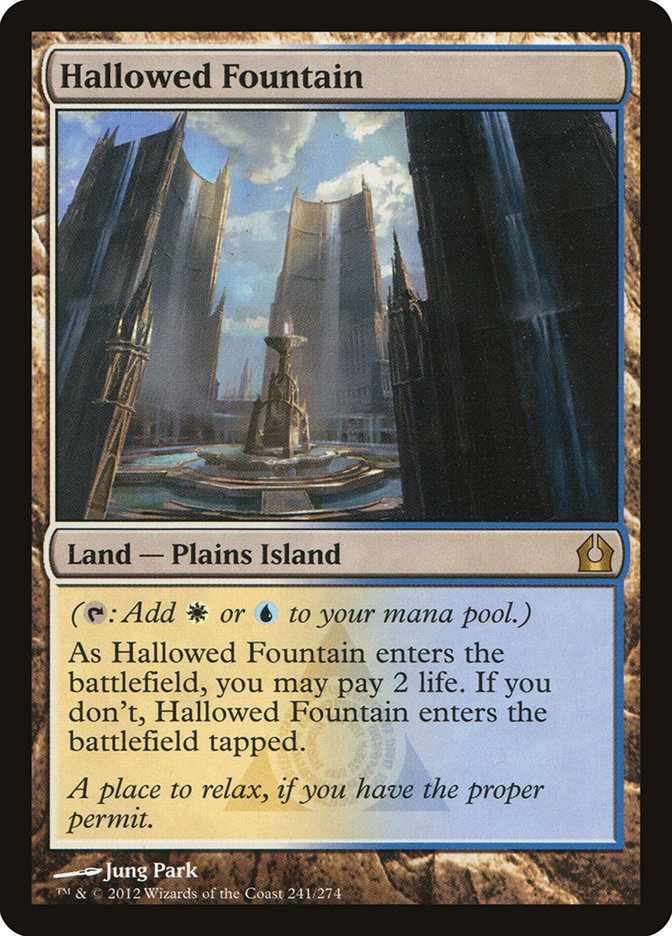
I had weathered the early storm, and at eleven life I played my sixth land and cast an Archangel of Thune leaving Hallowed Fountain untapped with one card in my hand.
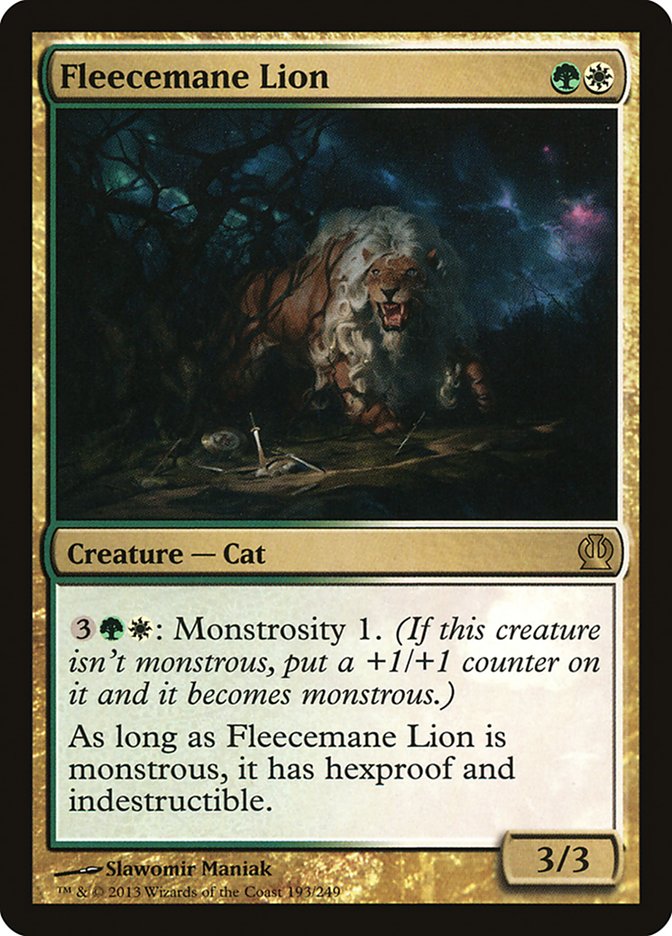
My opponent had four assorted lands and a Fleecemane Lion, and three cards in his hand. He untapped, drew his card for the turn, and then attacked with his Fleecemane Lion. After short deliberation I decided not to block. My opponent thinks for a few seconds, and then says “oh there is nothing you could have for only one mana, you’re dead.”
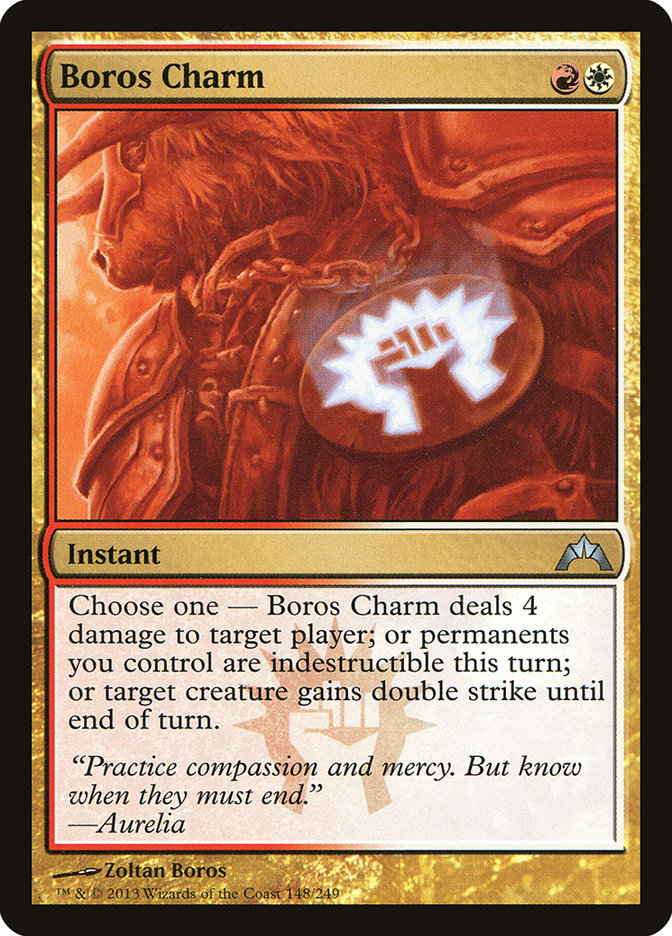
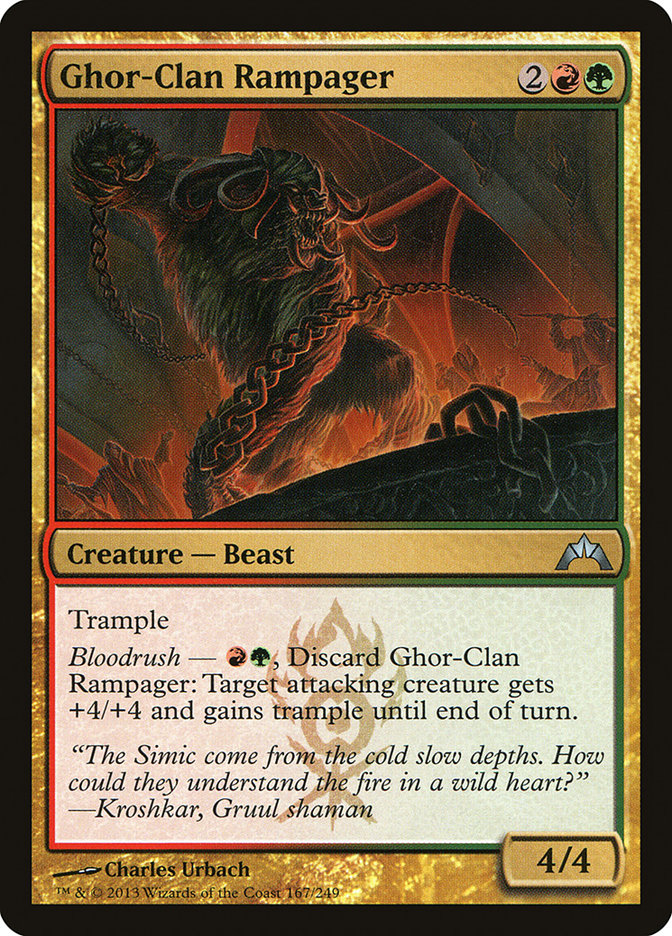
My opponent taps four mana, slams both Boros Charm and Ghor-Clan Rampager down on top of his Fleecemane Lion simultaneously, and looks up at me.
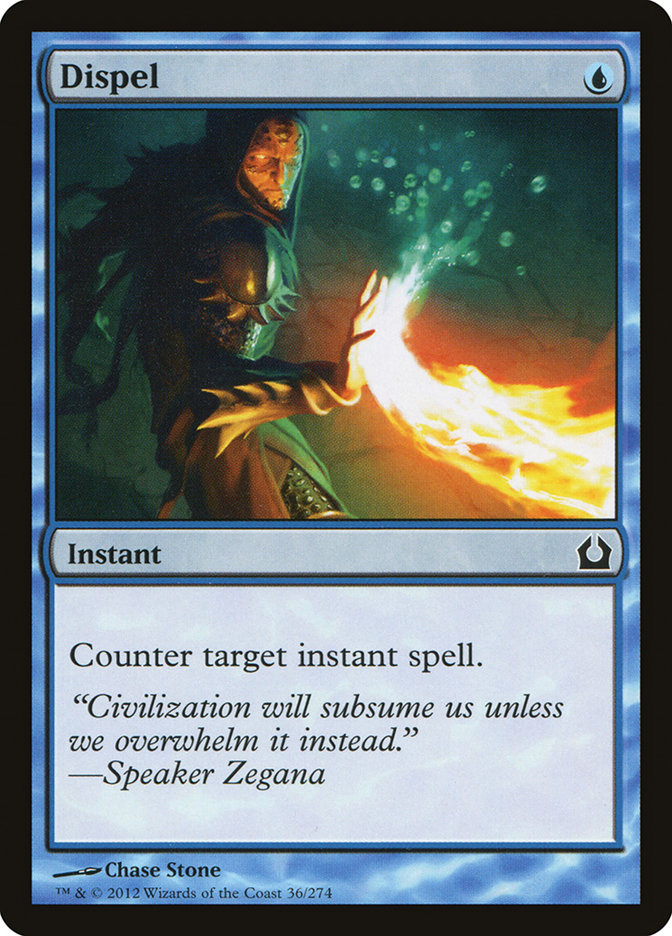
Much to his surprise I Dispel the Boros Charm, and he moves to put the Ghor-Clan back into his hand. I ask him what he is doing and then call a judge, as clearly in my mind he has played both spells/effects in response to one another and despite me countering Boros Charm the Rampager effect should still be resolving. He says that he was shortcutting and because I had something to do he was backing up.
We have an extremely long judge call, where the judge explains to me that this is a somewhat new policy where if a player takes more than one action in a row without explicitly stating that he is maintaining priority, it is assumed he is just shortcutting and that if the other player wants to do something in between spells or effects they have to stop them and then back up to that point.
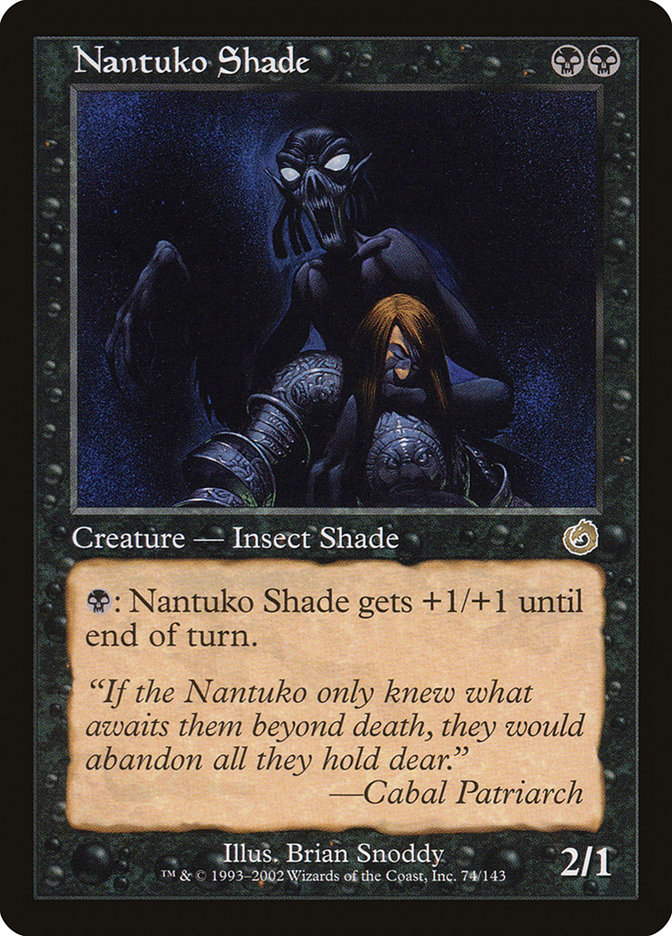
This means that if you tap six swamps and go to pump your Nantuko Shade, it is now assumed you are doing them all one at a time and your opponent can’t just Shock the Shade in response because you weren’t clear about doing them all one at a time.
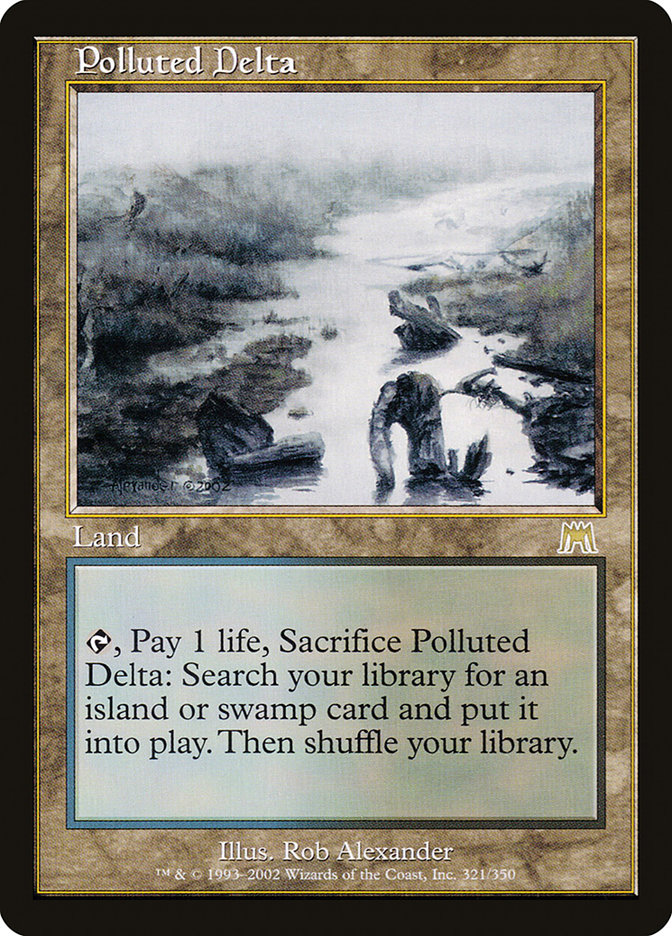
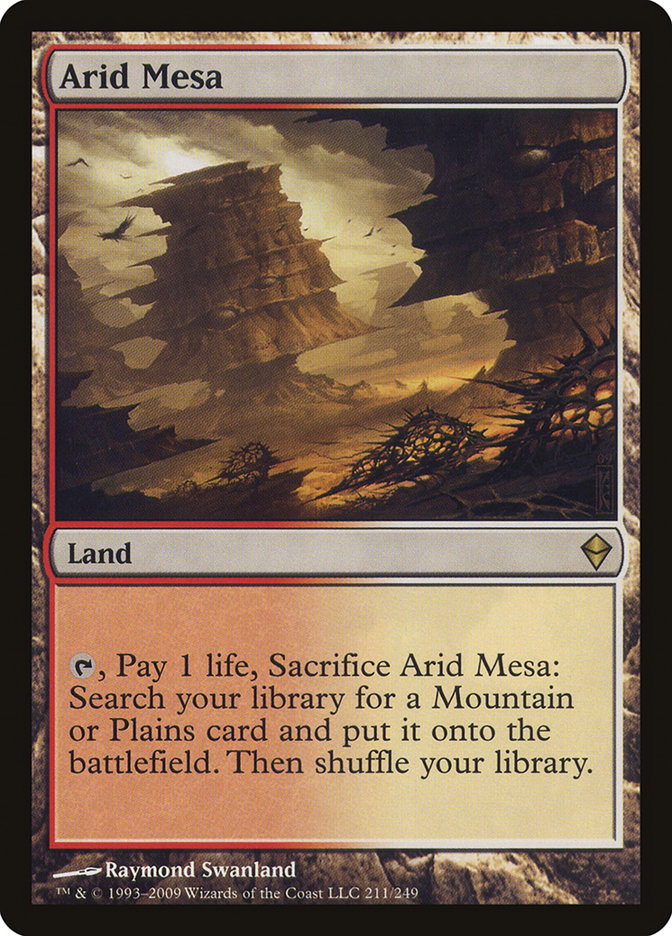
The judge also used the example of sacrificing two fetchlands at the same time in Legacy and how that is used as a shortcut to save time.
While I can understand the need for shortcuts and time-savers, and am not thrilled about ‘idiot-proofing’ cards like Nantuko Shade for newer players; this rule is quite abusable.
Anyone playing a deck like Brave Naya would be well-served to just jam their kill whenever they have it by slamming both cards at once, and if their opponent does have a way to disrupt it they can just pull one of the cards back and say “no thank you, I was shortcutting.” Many times your opponent just doesn’t have it, but it would be too much of a blowout to risk losing two cards if they do. This way, you only need to risk one!
This is a policy that I think definitely needs to be re-evaluated.
Midway Point
The Invitational was definitely a huge disappointment for me. I’ve really put a lot of work into Standard in the last month or so, and it sucks to throw it all away with a few bad mulligan decisions. I also need to find a Legacy deck that I like, which has proven difficult so far.
Regardless, I am still right in the thick of things for the race to the Players’ Championship, and if the year were to end tomorrow I would be qualified on the end-of-the-year cut.
But the year doesn’t end tomorrow, and we’re only halfway there.
There’s still tons of work to be done.
